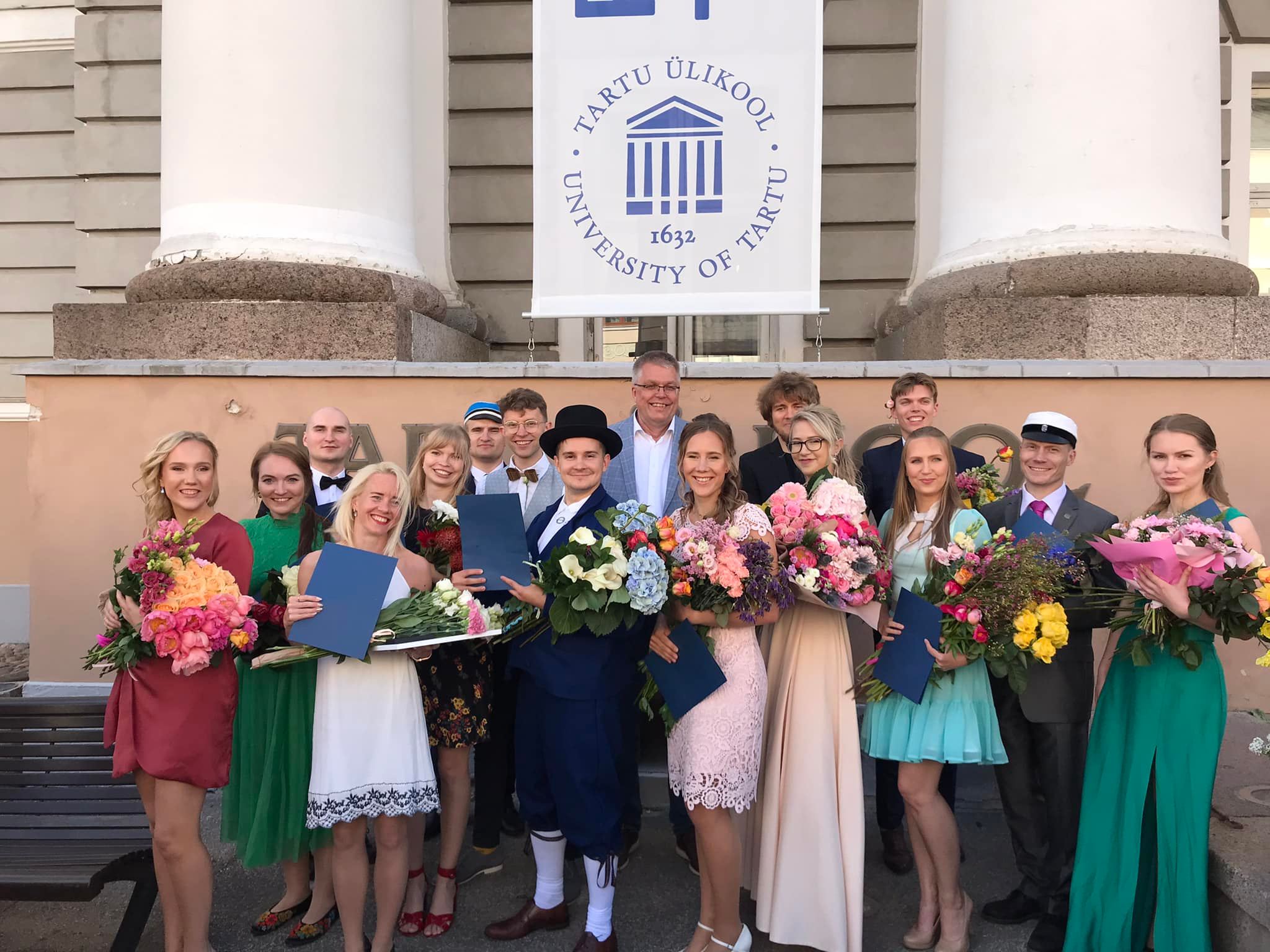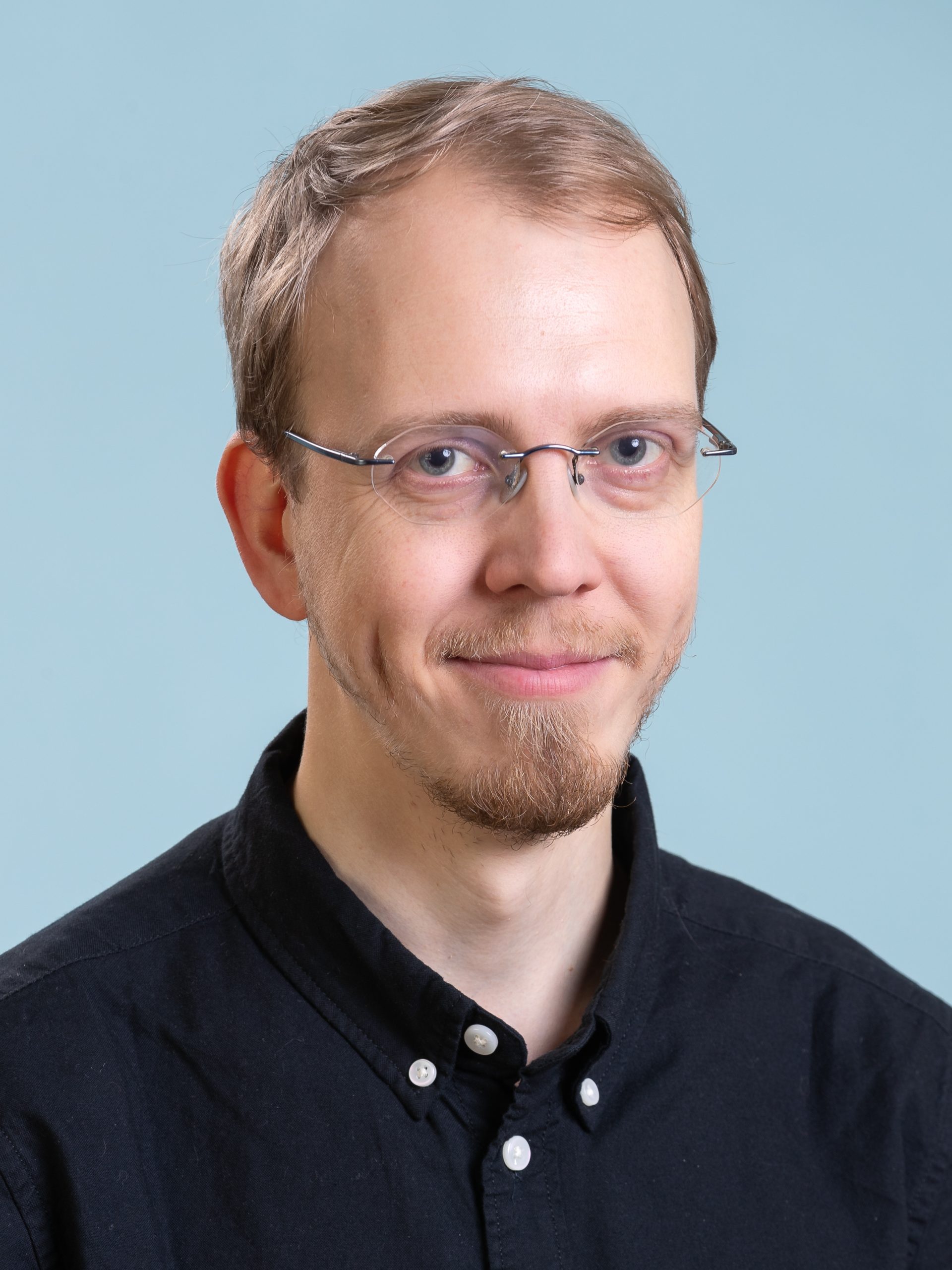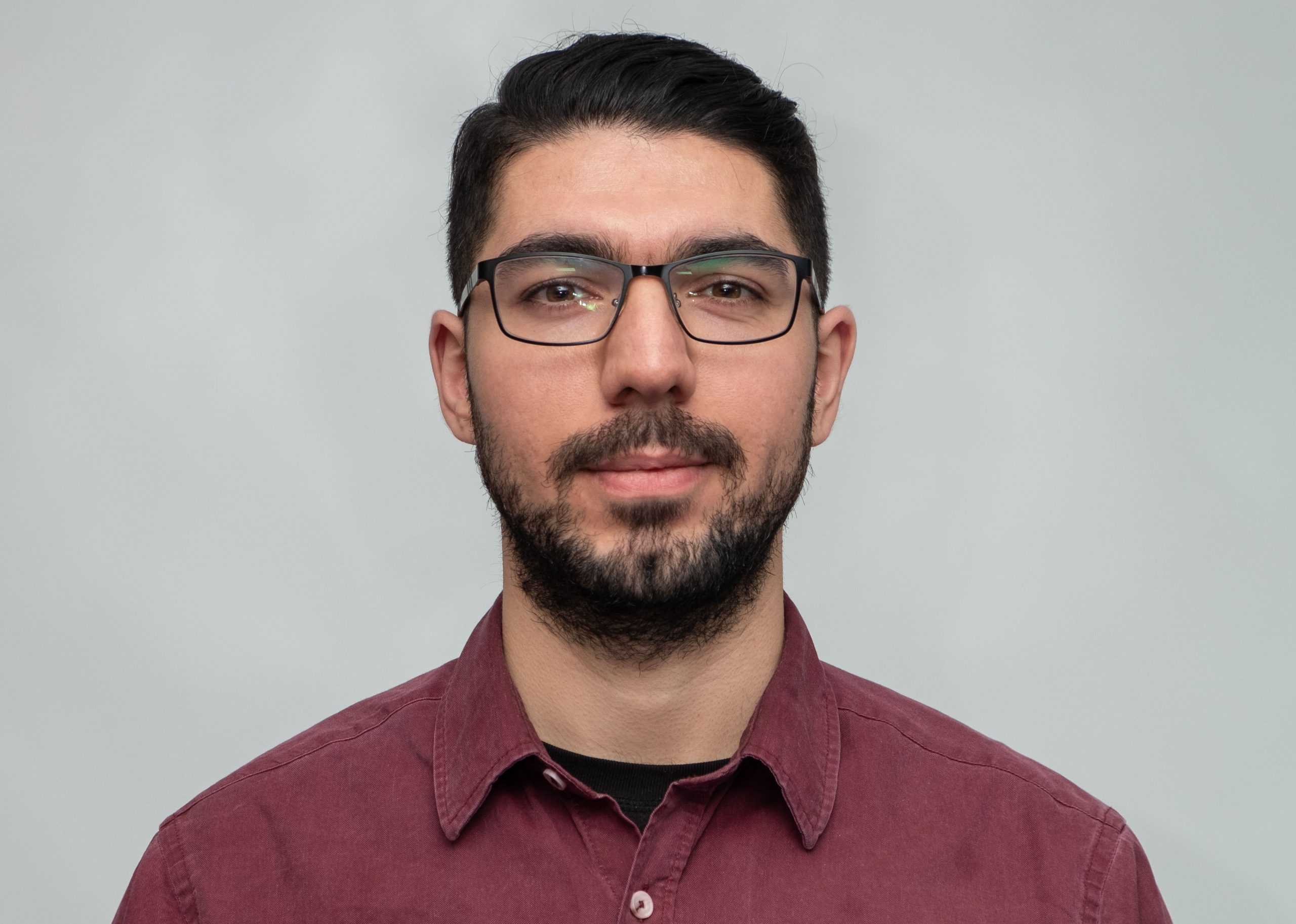On 31st of May, the paper on Going Farther Together: The Impact of Social Capital on Sustained Participation in Open Source won the ACM SIGSOFT Distinguished Paper Award at the 41st ACM/IEEE International Conference on Software Engineering.
The conference is the premier conference in the field of software engineering world wide and they give out these awards to a maximum of 10% of the papers accepted in the first place. It is thus one of the most prestigious awards in the field of software engineering. Alexander Nolte, one of the co-authors of the awarded paper further explains its importance and their main findings.
Open source software is the backbone of most modern IT systems. Ranging from operating systems and programming languages to specialized libraries open source is part of most IT systems we use on a daily basis. For open source projects to survive though they require sustained participation by contributors which participate on a voluntary basis.
There have been many studies over the years focusing on how developer motivation, the kind of tasks they perform and how they deal with criticism in the form of community members rejecting suggestions. Few studies however focused on the relationships between contributors and the effect of these relationships on sustained participation.
We conducted a longitudinal analysis of social networks of open source contributors on GitHub through the lens of social capital theory. Social capital theory describes how individuals can benefit from social connections and structures within their network. It is a complement to human capital which refers to individual abilities.
Our analysis revealed that social capital positively affects sustained contribution to open source projects. Individuals that participate in projects with high potential for building social capital are less likely to disengage. Moreover, we found that higher team diversity in terms of programming language expertise is associated with a decreased risk of disengagement. We also found that women are more likely to disengage than men but that they are less likely to disengage in highly diverse teams.
These findings can thus be used to design better search and recommendation functionalities which could e.g. suggest more diverse teams to newcomers. Moreover, they could be integrated into mentoring programs for newcomers that would focus more on the formation of social capital to avoid disengagement. Finally, project maintainers could be informed about factors negatively affiliated with the development of social capital such as team diversity in order for them to take appropriate countermeasures.
Full paper can be found here: https://tinyurl.com/y4adb3tb


